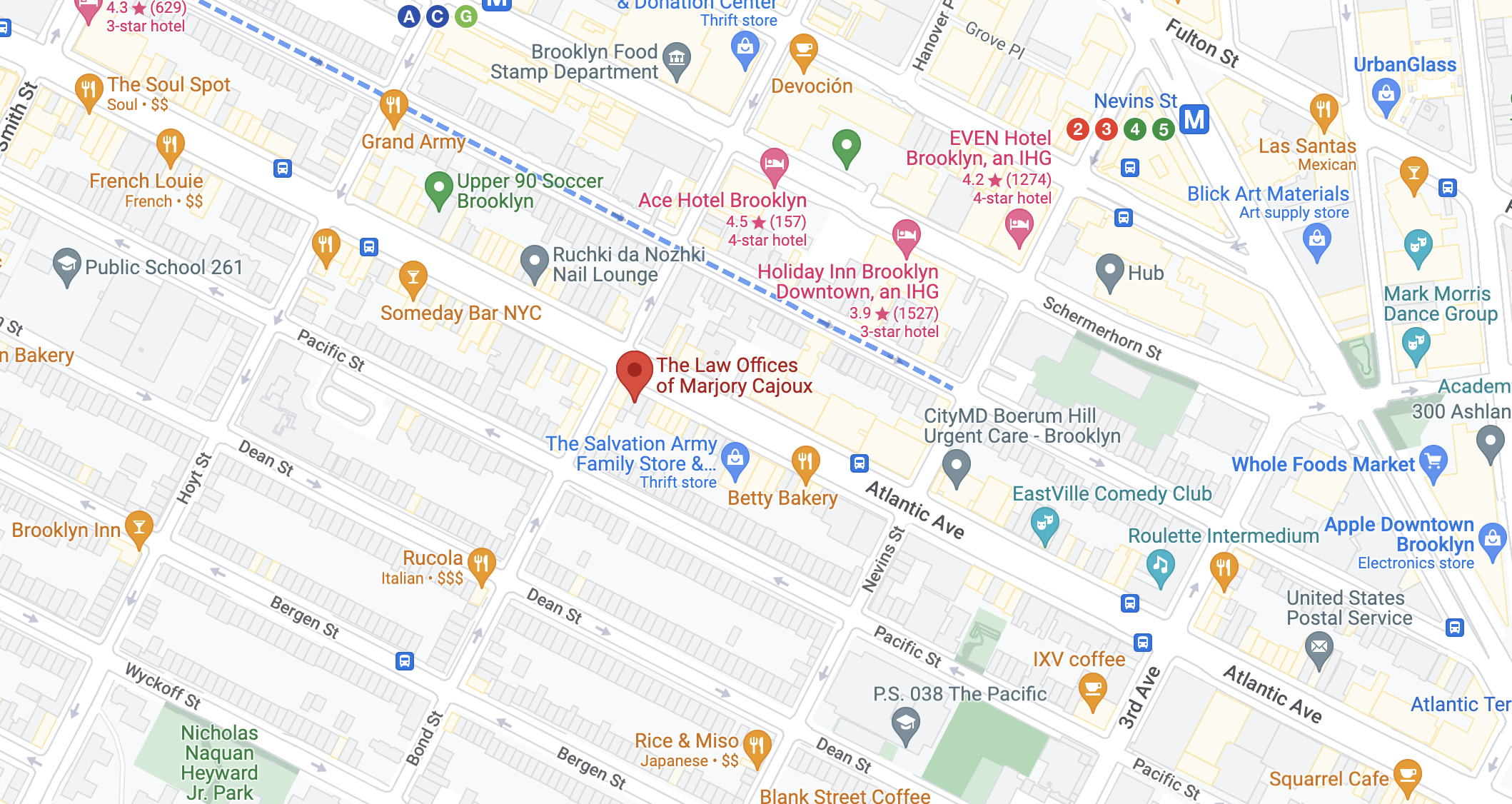Estate planning can change drastically from generation to generation. Current trends with property and lifestyle influence the best way to handle your assets when you die.
Modern estate plans often include instructions to liquidate property. Before you set any terms in writing, however, you need to learn about the secondary consequences of the way you handle the personal property in your estate plan.
Selling off personal property is a popular approach
Once, people fixated on particular assets from someone’s estate. They wanted to inherit their grandmother’s china or the table that their parents refinished when they were young. Modern estate planning is a bit different than just deciding who should receive which items, though.
There are certainly people who have emotional attachments to particular assets, but many modern beneficiaries focus not on the sentimental value of their inheritance but the financial value of those assets.
Testators trying to adjust their plans to reflect changing social norms might decide that it makes more sense to have their executor sell all of their assets and then distribute the revenue from those sales among their beneficiaries in a particular way. Although this approach can avoid impositions on your beneficiaries, saving them from having to sell assets themselves, it does cause another issue.
Selling estate assets can lead to income tax obligations
The estate of a deceased individual is a separate legal entity from that person and from the executor managing the estate. The estate itself may have some tax obligations if selling assets is part of your estate plan.
Just like with individuals, estates need to report sources of revenue that resulted in $600 worth of income or more. In other words, if an estate sale produces more than $600 for your beneficiaries to share, there will be income tax obligation for the estate. Your executor will need to retain some of the money to pay the taxes after they file the estate’s income tax return.
You can plan to limit tax liability. Federal estate taxes aren’t the only government obligations that can diminish your legacy. Income taxes that you owe as an individual and that your estate owes because of a sale can also impact how much you have to pass on to the people you love when you die. Integrating financial liabilities like taxes into your estate plan can help you maximize what you pass on to the next generation when you die.






